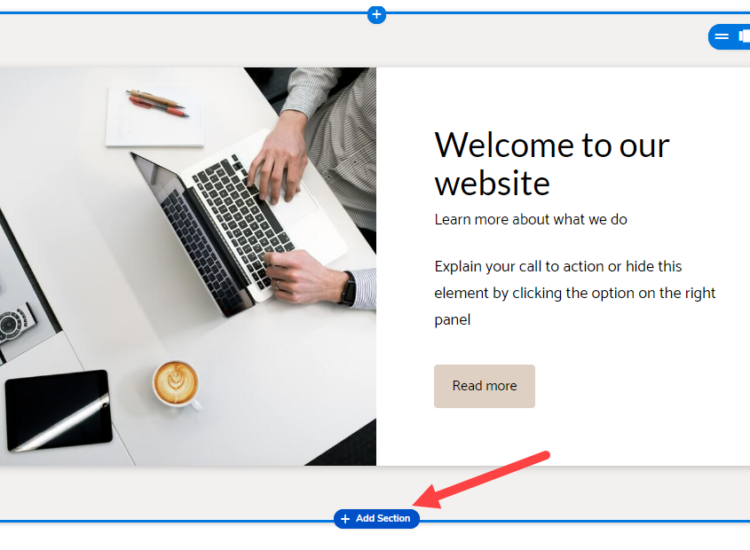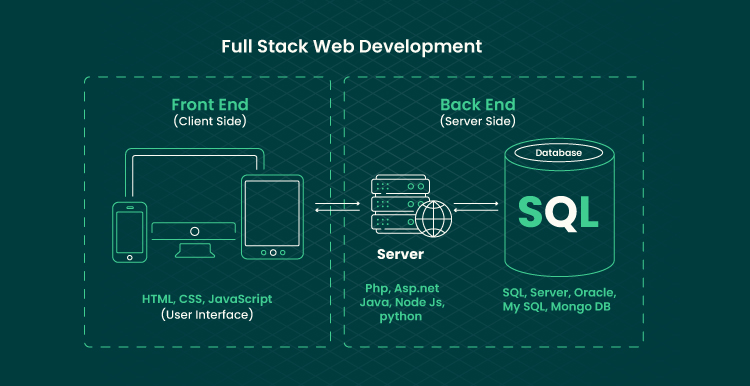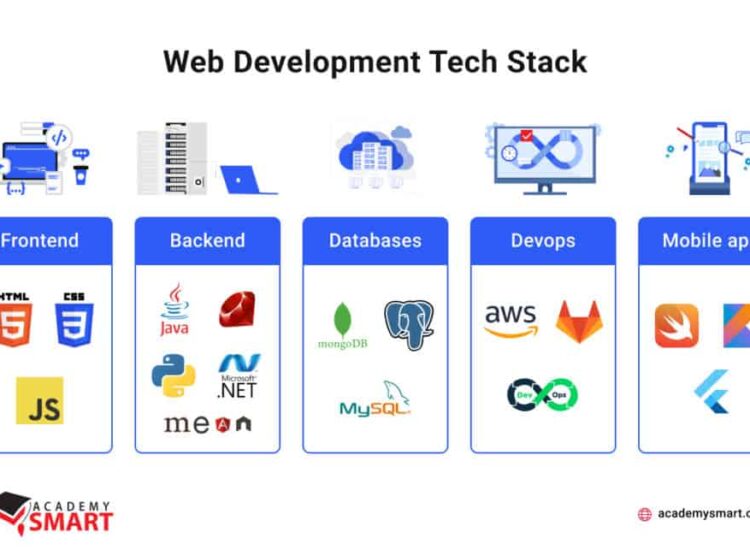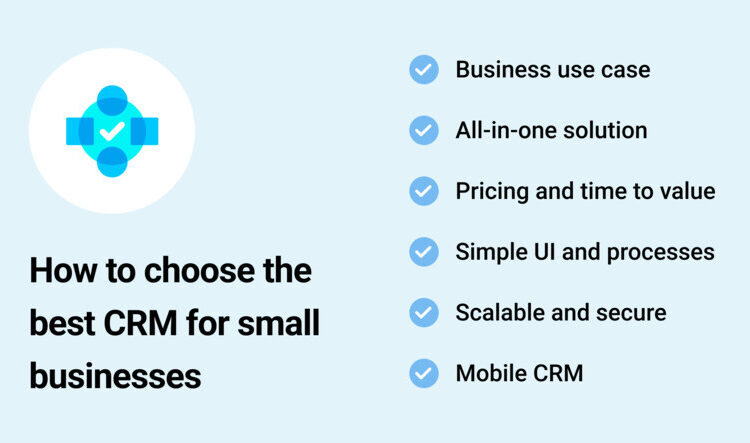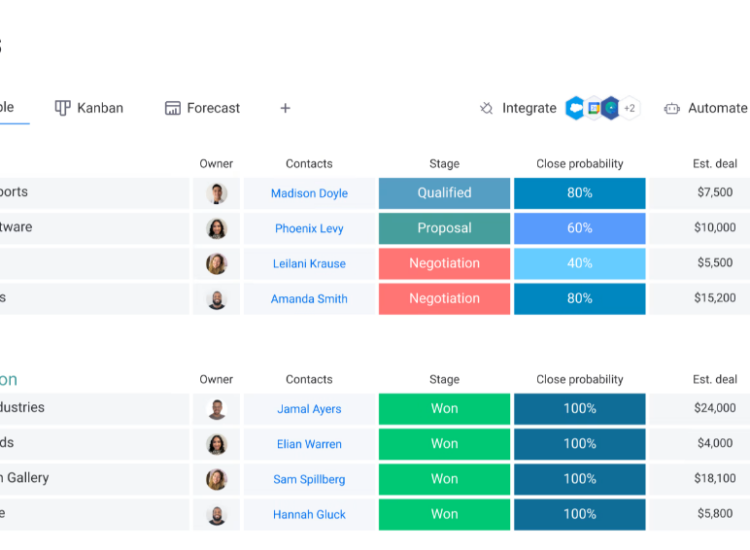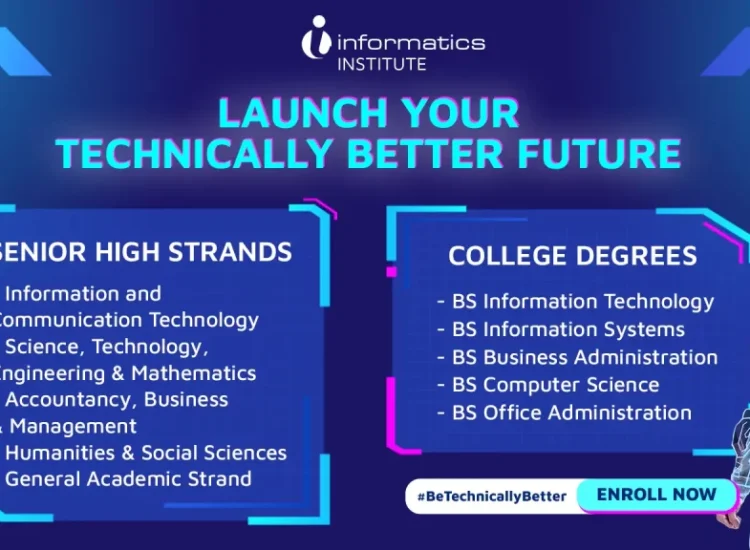The demand for data scientists is skyrocketing, with projections indicating a 31% increase in employment between 2020 and 2030, according to the U.S. Bureau of Labor Statistics. This surge fuels the popularity of data science online courses, which offer a flexible pathway into the field for career changers. However, the sheer volume of courses available presents a challenge: choosing the right one requires careful consideration of curriculum, instructors, and career support. This article serves as a comprehensive guide for beginners seeking to navigate the landscape of data science online courses, focusing on the best options available in 2024.
Toc
- 1. Choosing the Right Data Science Online Course for Beginners
- 2. Emerging Trends in Data Science Education
- 3. Essential Skills Covered in Beginner Data Science Courses
- 4. Building Your Data Science Portfolio: A Crucial Step
- 5. Data Science Certification: Enhancing Your Credentials
- 6. Related articles 02:
- 7. Career Support and Job Search Strategies
- 8. Conclusion: Your Data Science Journey Starts Now
- 9. Related articles 01:
Understanding Data Science Online Courses: Your Gateway to a Tech Career
Data science online courses have revolutionized professional learning, providing accessible paths for individuals looking to break into this dynamic field. Whether you’re a complete beginner or a professional seeking to upskill, these courses offer comprehensive training in a flexible, affordable format.
Choosing the Right Data Science Online Course for Beginners
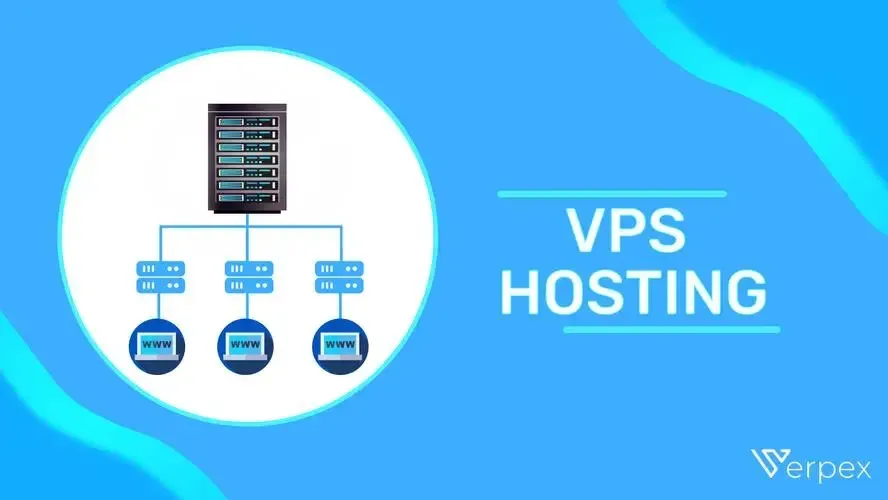
Essential Considerations for Course Selection
Choosing the right data science online course can significantly impact your learning experience and career trajectory. Here are some key factors to consider:
- Identifying Your Learning Style: Are you someone who thrives in a structured classroom environment, or do you prefer self-paced learning? Understanding your learning style can help you choose a course format that suits you best.
- Assessing Your Current Skill Level: Take stock of your background in mathematics, statistics, and programming. This self-assessment will help you identify whether you need a beginner-level course or if you can jump into a more advanced program.
- Determining Your Learning Goals: Are you looking to change careers entirely, or do you want to enhance your existing skill set? Your goals will guide your course selection.
- Technical Skill Alignment: Consider the specific tools and technologies emphasized in the course. Many courses focus on Python, but some might prioritize R, SQL, or specific cloud platforms (like AWS, Azure, GCP). Aligning the course’s technology focus with industry demand for a specific target role is crucial for ensuring your skills meet the job market’s needs.
- Understanding the Importance of a Comprehensive Curriculum: Look for courses that cover essential topics such as statistics, programming languages (like Python and R), machine learning, and data visualization.
- Considering Instructor Expertise: Research the qualifications and industry experience of the instructors. Learning from knowledgeable professionals can enhance your educational experience.
- Course Duration and Cost: Evaluate how much time you can commit to learning and what your budget looks like. Many platforms offer courses at various price points, including free options.
- Balancing Certification and Practical Experience: While certifications can be beneficial, practical experience and a strong portfolio often outweigh the value of a certificate alone for employers. Therefore, prioritize courses that offer hands-on projects and real-world applications.
Popular Platforms for Data Science Online Courses
Several platforms stand out for offering high-quality data science online courses. Here’s a closer look at some of the best options:
- Udemy: Affordable Learning for Aspiring Data Scientists
Udemy is a popular choice for many learners seeking data science online courses. The platform features a vast library of courses, catering to various skill levels and learning styles.
- Key Features:
- Wide Range of Courses: From beginner to advanced levels, Udemy offers a plethora of options.
- Affordable Pricing: Many courses are priced affordably, and there are often discounts available.
- Free Data Science Online Courses: Udemy hosts a variety of free courses, allowing learners to explore data science without financial commitment.
- Data Science Free Online Course with Certificate: Some free courses offer certificates upon completion, adding value to your resume.
- Specific Courses to Consider:
- Python for Data Science and Machine Learning Bootcamp: A comprehensive introduction to Python programming, data visualization, and machine learning.
- Data Science A-Z™: Real-Life Data Science Exercises Included: A hands-on course that covers the entire data science process from data collection to model deployment.
- Coursera: University-Backed Data Science Education
Coursera partners with leading universities and organizations to provide a wide array of data science online courses.
- Key Features:
- Verified Certificates: Many courses offer verified certificates that enhance your professional credibility.
- Structured Learning Paths: Courses are designed to guide you through complex topics in a logical manner.
- Specializations and Degrees: Coursera offers specializations and even degree programs in data science.
- Recommended Courses:
- IBM Data Science Professional Certificate: A series of courses covering data science fundamentals, including Python, data visualization, and machine learning.
- Data Science Specialization by Johns Hopkins University: A comprehensive program that covers the data science lifecycle, from data wrangling to data analysis.
- edX: Academic Rigor in Online Data Science Learning
edX is another excellent platform that provides high-quality data science courses from top institutions.
- Key Features:
- Courses from Prestigious Universities: edX partners with renowned institutions, ensuring high-quality content.
- Mix of Free and Paid Options: You can audit many courses for free or opt for a paid verified certificate.
- Flexible Learning Options: Most courses allow you to learn at your own pace.
- Notable Courses:
- Data Science MicroMasters by MIT: An advanced program that delves deep into data science principles and practices.
- Harvard’s Data Science Professional Certificate: A series of courses that provide a strong foundation in data science concepts and skills.
- Udacity: Project-Based Learning
Udacity is known for its Nanodegree programs, which focus on project-based learning and practical skills.
- Key Features:
- Industry-Relevant Curriculum: Courses are designed in collaboration with industry experts, ensuring that the content is up-to-date and relevant.
- Mentorship and Career Services: Udacity offers mentorship and career services, including resume reviews and interview coaching.
- Hands-On Projects: Each Nanodegree includes real-world projects that help you build a portfolio.
- Recommended Programs:
- Data Scientist Nanodegree: Covers data analysis, machine learning, and deep learning, with hands-on projects to reinforce learning.
- AI Programming with Python Nanodegree: Focuses on Python programming and the basics of machine learning.
- Great Learning: Industry-Relevant Courses
Great Learning partners with leading institutions to offer industry-relevant data science courses.
- Key Features:
- Hands-On Learning: Emphasis on practical skills and real-world applications.
- Mentorship Opportunities: Personalized mentorship to guide you through your learning journey.
- Flexible Learning Options: Courses are designed to fit around your schedule.
- Notable Courses:
- Post Graduate Program in Data Science: A comprehensive program covering all aspects of data science.
- Machine Learning and Data Science Program: Focuses on machine learning algorithms and their applications in data science.
Comparison of Learning Platforms
| Platform | Course Variety | Cost | Certification | Learning Style |
|---|---|---|---|---|
| Udemy | Wide | Affordable | Yes (some free) | Self-paced |
| Coursera | University-backed | Varies | Yes | Structured |
| edX | Academic rigor | Free/Paid | Yes | Flexible |
| Udacity | Project-based | Moderate | Yes | Hands-on |
| Great Learning | Industry-relevant | Varies | Yes | Mentorship support |
Emerging Trends in Data Science Education
As the landscape of data science continues to evolve, several emerging trends are shaping the future of online learning in this field.
- AI-Assisted Learning Tools: Many platforms are incorporating AI-driven features that personalize the learning experience. For instance, Coursera has introduced AI-powered tools that analyze a learner’s progress and adapt course content to better fit their needs, enhancing engagement and retention.
- Integration of Cloud-Based Computing Environments: The shift towards cloud computing is influencing data science education. Courses now frequently include training on platforms like AWS, Azure, and Google Cloud, preparing students to work in environments that are increasingly common in the industry.
These trends not only enrich the learning experience but also align educational outcomes with the needs of modern employers, ensuring that students are equipped with relevant skills.
Essential Skills Covered in Beginner Data Science Courses
Core Skills to Look For
When exploring data science online courses, it’s essential to ensure they cover the foundational skills necessary for a successful career in the field. Here are some key skills typically included in beginner-level data science courses:
- Python Programming:
- Python is one of the most widely used programming languages in data science. Courses often cover basic syntax, data structures, and libraries such as NumPy and Pandas.
- Basic Statistics:
- A solid understanding of statistics is crucial for data analysis. Look for courses that teach descriptive statistics, probability, and inferential statistics.
- Fundamentals of Machine Learning:
- Many courses introduce basic machine learning concepts, including supervised and unsupervised learning, algorithms, and their applications.
- Data Visualization Techniques:
- The ability to effectively communicate data insights is vital. Courses often cover tools like Matplotlib, Seaborn, and Tableau for data visualization.
- Data Cleaning and Preprocessing:
- Real-world data is often messy. Courses should teach techniques for cleaning and preprocessing data to prepare it for analysis.
- Version Control (e.g., Git):
- Emphasizing the importance of version control for collaborative projects and reproducibility is critical. Understanding how to use Git can help data scientists manage changes in their code and collaborate with others effectively.
Recommended Beginner Courses
- Data Science A-Z™: Real-Life Data Science Exercises Included (Udemy): This course offers a comprehensive introduction to the entire data science process, from data collection to model deployment.
- Introduction to Data Science in Python (Coursera): A beginner-friendly course that covers the basics of data science using Python, including data manipulation and visualization.
- Python for Everybody (Coursera): This course is perfect for absolute beginners, focusing on Python programming and its applications in data analysis.
Building Your Data Science Portfolio: A Crucial Step
Importance of a Portfolio
A well-constructed portfolio is essential for showcasing your skills to potential employers. It serves as tangible evidence of your capabilities and practical experience in data science.
Project Ideas to Include in Your Portfolio
Consider including the following project ideas in your portfolio:
- Analyzing Public Datasets: Select publicly available datasets from platforms like Kaggle or UCI Machine Learning Repository and perform exploratory data analysis (EDA) to extract insights.
- Machine Learning Models: Build and evaluate predictive models using datasets to demonstrate your understanding of machine learning concepts.
- Data Visualization Projects: Create visualizations that effectively communicate insights from your analysis, using tools like Tableau or Matplotlib.
Documentation and Presentation
It’s crucial to clearly document project methodologies, results, and conclusions in your portfolio. Simply presenting code is insufficient; a narrative explaining the process and insights is essential. This documentation not only showcases your technical skills but also your ability to communicate complex ideas effectively, which is highly valued by employers.
Resources for Project Ideas
Numerous websites and repositories provide datasets and project ideas for aspiring data scientists. Platforms like Kaggle, UCI Machine Learning Repository, and government databases offer a wealth of data for practice. Engaging in open-source projects can also be a valuable way to build your portfolio and gain practical experience.
Data Science Certification: Enhancing Your Credentials
The Value of Certification
Obtaining a data science certification can enhance your credibility and demonstrate your skills to potential employers. Certifications show a commitment to professional development and can set you apart in a competitive job market.
1. https://tech.banktop.vn/mmoga-online-degrees-in-finance-your-path-to-career-advancement
2. https://tech.banktop.vn/mmoga-penn-state-online-courses-your-path-to-career-advancement
3. https://tech.banktop.vn/mmoga-online-degrees-in-history-your-path-to-career-advancement
5. https://tech.banktop.vn/mmoga-lpn-online-courses-in-florida-your-pathway-to-a-nursing-career
Reputable Certifications to Consider
Several organizations offer reputable data science certifications, including:
- IBM Data Science Professional Certificate: A widely recognized certification covering data science fundamentals, machine learning, and data visualization.
- Google Data Analytics Professional Certificate: This course provides a comprehensive introduction to data analytics, focusing on real-world applications.
- MIT Data Science MicroMasters: An advanced program that delves into data science principles and practices.
Balancing Certifications with Practical Skills
While certifications hold value, practical skills and a strong portfolio are equally important in data science. Some employers may prioritize practical skills and project experience over formal certifications. Therefore, building a portfolio of projects showcasing your data science skills can greatly enhance your job prospects.
Career Support and Job Search Strategies
Importance of Career Services
Many online data science courses offer career services designed to support students in their job search. These services may include resume reviews, mock interviews, and networking events, providing valuable assistance as you transition into a new career.
Networking and Building Connections
Networking is a crucial aspect of securing a job in data science. Engaging with professionals in the field can lead to mentorship opportunities and job referrals. Attend industry conferences, webinars, and local meetups to expand your network and connect with potential employers.
Job Search Tips
When searching for data science positions, consider the following strategies:
- Craft a Compelling Resume: Highlight your skills, projects, and certifications. Tailor your resume for each application, emphasizing relevant experiences.
- Prepare for Interviews: Familiarize yourself with common data science interview questions and practice articulating your thought process during problem-solving exercises.
- Utilize Online Job Platforms: Leverage platforms like LinkedIn, Glassdoor, and Indeed to find job openings and connect with recruiters.
Conclusion: Your Data Science Journey Starts Now
Navigating the world of data science online courses requires strategic planning and continuous learning. By selecting the right course, building a robust portfolio, and staying committed to skill development, you can successfully transition into this exciting and rewarding field.
As you embark on your data science journey, remember to explore your options thoroughly and choose the course that best aligns with your career goals. With dedication and the right resources, you can unlock your potential in the world of data science and position yourself for a successful career in this high-demand field. Start your journey today by researching specific courses, connecting with industry professionals, and creating a personalized learning plan that will guide you toward your goals.
1. https://tech.banktop.vn/mmoga-online-degrees-in-history-your-path-to-career-advancement
2. https://tech.banktop.vn/mmoga-online-degrees-in-finance-your-path-to-career-advancement
3. https://tech.banktop.vn/mmoga-lpn-online-courses-in-florida-your-pathway-to-a-nursing-career
5. https://tech.banktop.vn/mmoga-penn-state-online-courses-your-path-to-career-advancement


